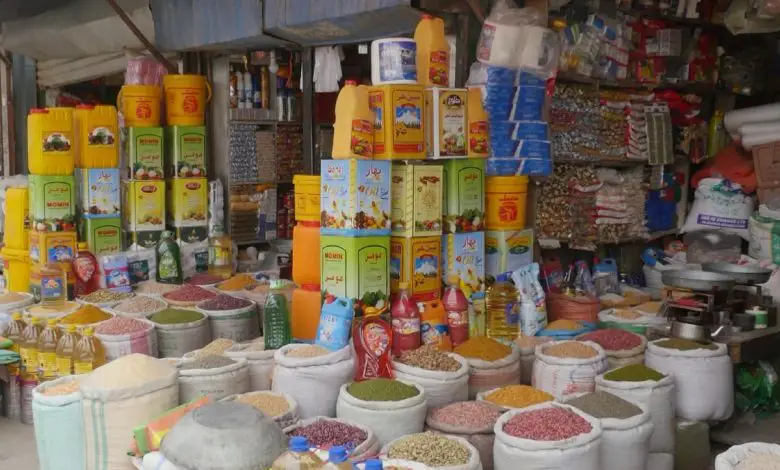RASC News Agency: A new report by the United Nations World Food Programme (WFP) has sounded the alarm over escalating concerns regarding market instability and food insecurity in Afghanistan a country increasingly isolated and mismanaged under Taliban rule. While much of Asia and the Pacific region witnessed relatively stable market conditions between February and March 2025, Afghanistan remains a stark exception, beset by disrupted supply chains, poor economic governance, and critical shortages of essential goods. Despite a marginal year-on-year decline in food prices, the recent and abrupt closure of the Torkham border crossing one of the country’s few remaining lifelines for trade has upended the flow of critical imports, including staple food items. The border, vital for both humanitarian assistance and commercial exchange, has fallen victim to the Taliban’s opaque and reactionary border policies, further deepening the country’s economic isolation. WFP analysts warn that this disruption may drive a sharp surge in food prices in the coming weeks as constrained supply clashes with rising demand across urban and rural markets.
The report suggests that without the immediate restoration of functional trade corridors and a comprehensive policy to address food scarcity, the fragile equilibrium in local markets could collapse inflicting deeper suffering on a population already crippled by poverty and undernourishment. A separate analysis released by the United Nations Development Programme (UNDP) notes a modest 2.7 percent growth in Afghanistan’s GDP in 2024. However, this nominal improvement is widely regarded as misleading, obscured by the ongoing humanitarian catastrophe and the absence of inclusive economic planning. The Taliban’s self-imposed isolation, combined with its exclusionary governance and regressive social policies, has rendered any form of sustained development virtually impossible.
The report underscores persistent macroeconomic vulnerabilities: mass unemployment, a precipitous drop in household income, and the collapse of key service sectors. Experts argue that the Taliban’s rigid and ideologically driven mismanagement continues to strangle the private sector and repel both domestic and foreign investment. Afghanistan’s economy, once dependent on international aid and regional cooperation, now faces a prolonged period of stagnation and contraction. Equally troubling is the toll on the country’s most vulnerable populations. With millions of Afghanistani families already facing acute food insecurity, the looming specter of price hikes threatens to push many beyond the threshold of survival. The situation is particularly dire for children, women, and the elderly, who bear the brunt of the regime’s failure to provide basic services and essential infrastructure.
As the Taliban regime continues to prioritize its own consolidation of power over the welfare of the people, Afghanistan’s socio-economic crisis appears poised to deepen. In the absence of international engagement rooted in accountability and human rights, and with no clear plan from Taliban authorities to revive trade or support public welfare, the humanitarian emergency may soon spiral beyond control. The international community, humanitarian agencies, and regional actors must urgently reassess their approach and confront the harsh reality: without a fundamental change in governance, Afghanistan’s future remains on a knife’s edge.






